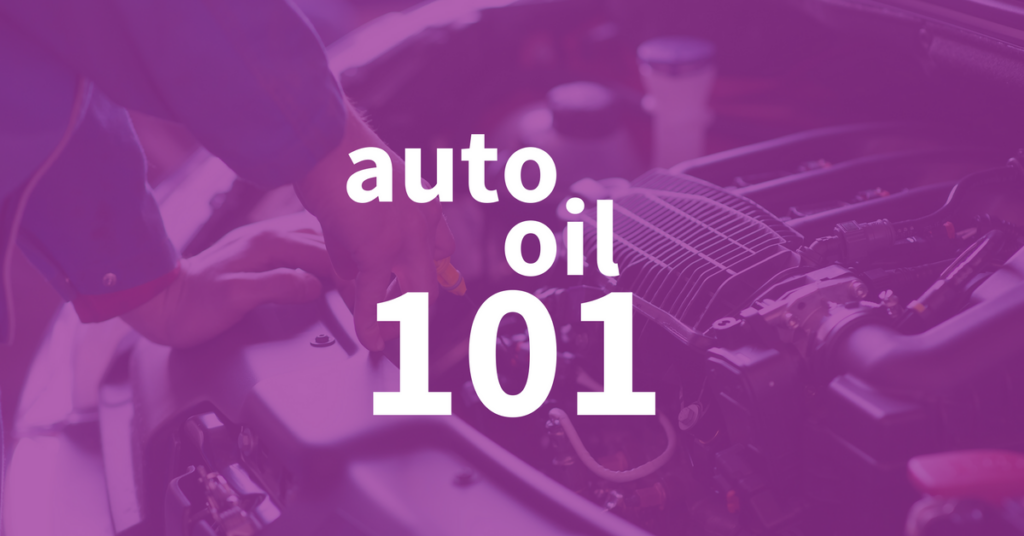Motor oil is something we all need in our cars— and for good reason! Without it, our engines wouldn’t run — and we need those, obviously. In addition to being a vital component in engine health, it’s also important to understand that routine maintenance needs to be performed; and this includes regular oil changes! But for many, oil is a foreign object to them, and knowing what they need for their cars doesn’t come so easily. Instead of standing in the oil aisle looking at over 100 types, or worse, grabbing the wrong quart, we’ve broken it down a bit for you!
Conventional vs. Synthetic
The difference in a few dollars for oil isn’t too much, right? Actually, when it comes to the right type for your car, that few dollars might be the difference between a longer lasting engine! Conventional oil is the industry standard for most engines, and it’s also available in several different viscosities. This oil type generally works with all lighter-duty vehicle, and is recommended to be changed every few thousand miles, along with the filter. Synthetic oil, however, is made for a higher-tech engine, and has a few benefits. From viscosity to protection against deposits and evaporation, synthetic oil is much more well-suited for the job. In addition to these perks, they flow better at lower temperatures and maintain peak lubricity at higher temps. In this case, it’s important to know that not every engine actually needs synthetic, though the intervals in changing should be close to the same.
Viscosity
Depending on the car you have, the viscosity you’ll need will vary, and can also vary during different seasons. The oil’s viscosity is rated at 0 degrees fahrenheit, and 212 degrees. This is where the numbers come into play. A lower number such as 10W-30 will have less viscosity when it’s cold and hot than an oil rated at 20W-50. This oil thickens as it gets cold and thins out when it’s hot, so these are important factors to consider. Depending on the vehicle and conditions, thicker oil can seal and lubricate a bit better than a thinner oil, however climate and location play a factor in this — just remember, every car is different, and your owners manual will have the recommended info!
If you’re still unsure about doing car repair and maintenance on your own, make sure you’re at least taking it somewhere that can handle everything you need efficiently. Southport Automotive has decades of mechanic experience and can certainly aid in keeping you and your vehicle on the road for longer.
Southport Automotive is Fairfield County’s premier service station for all things Automotive. In business since 1981, we’ve helped get thousands of Connecticut residents back on the road faster, and for longer. To learn more about how we can help your vehicle stay in its best shape, please give us a call at 203-259-3839. For more tips and tricks, make sure to like us on Facebook!

